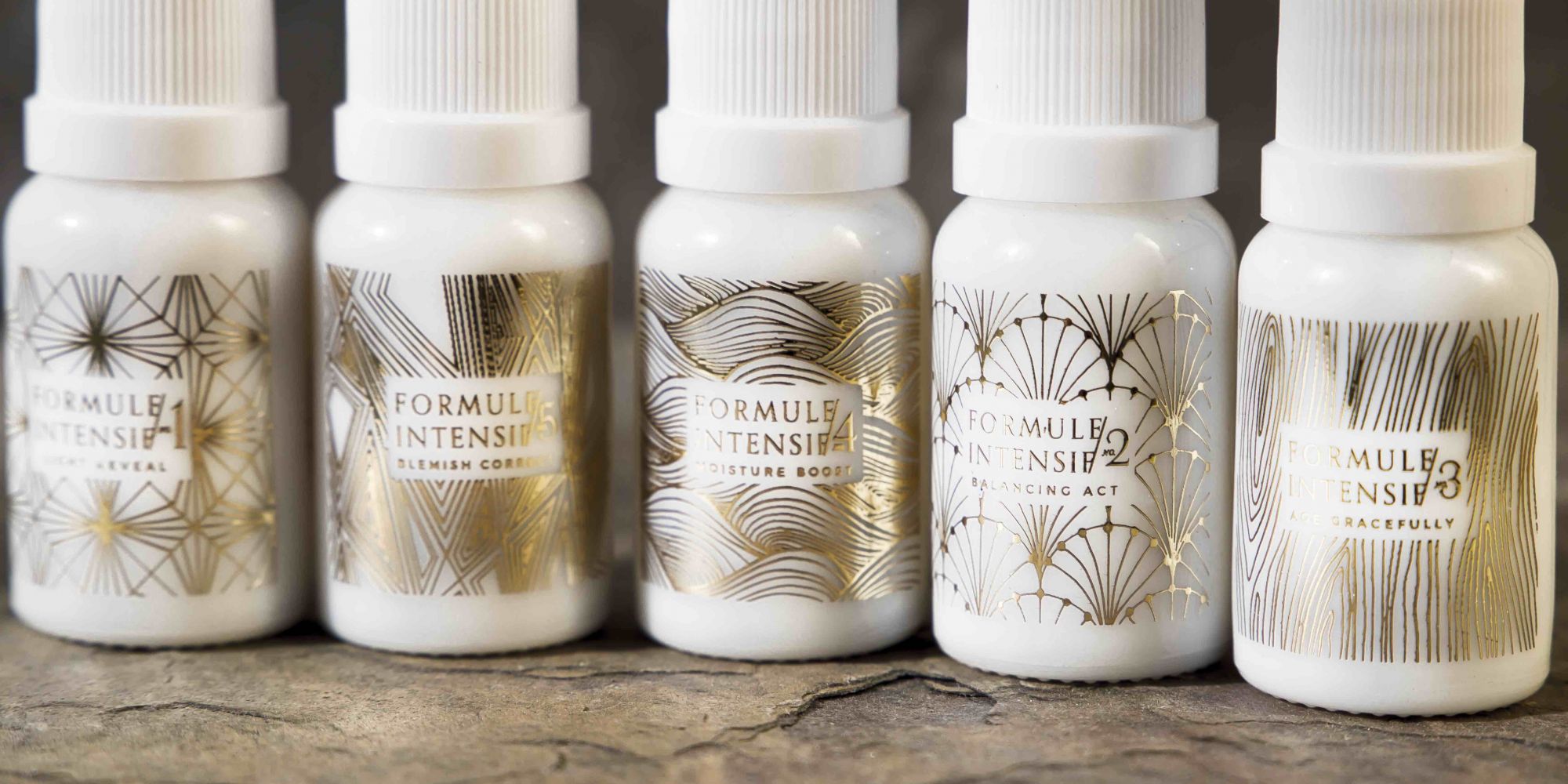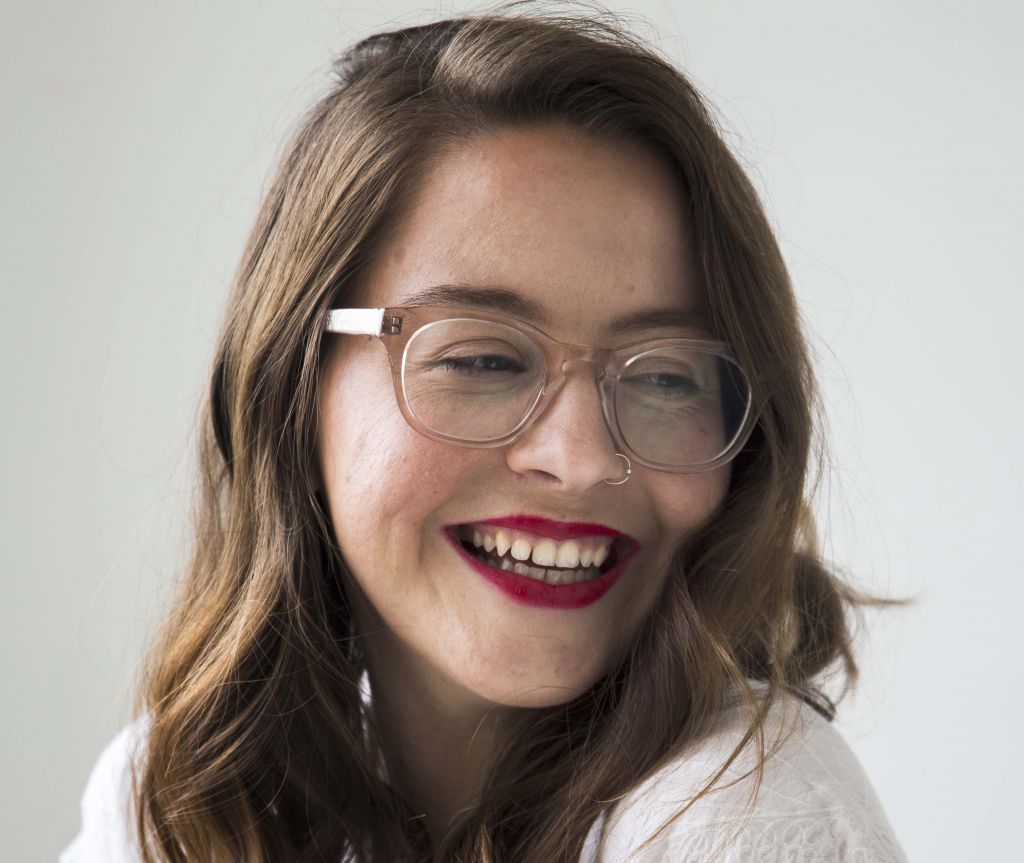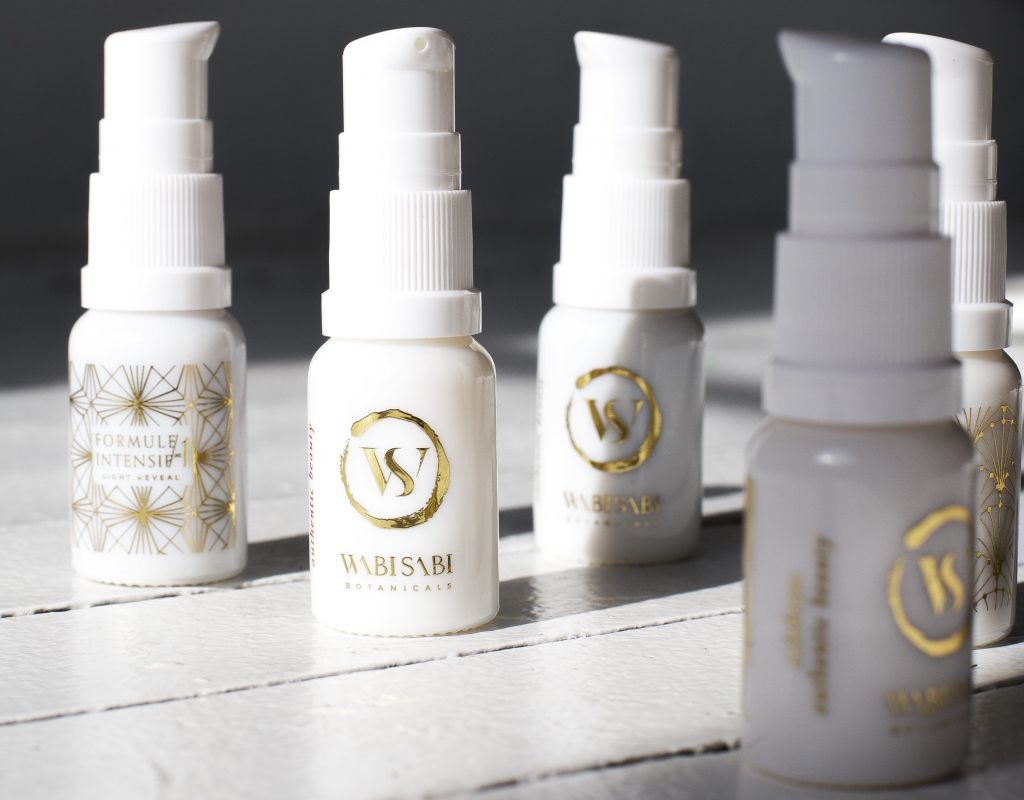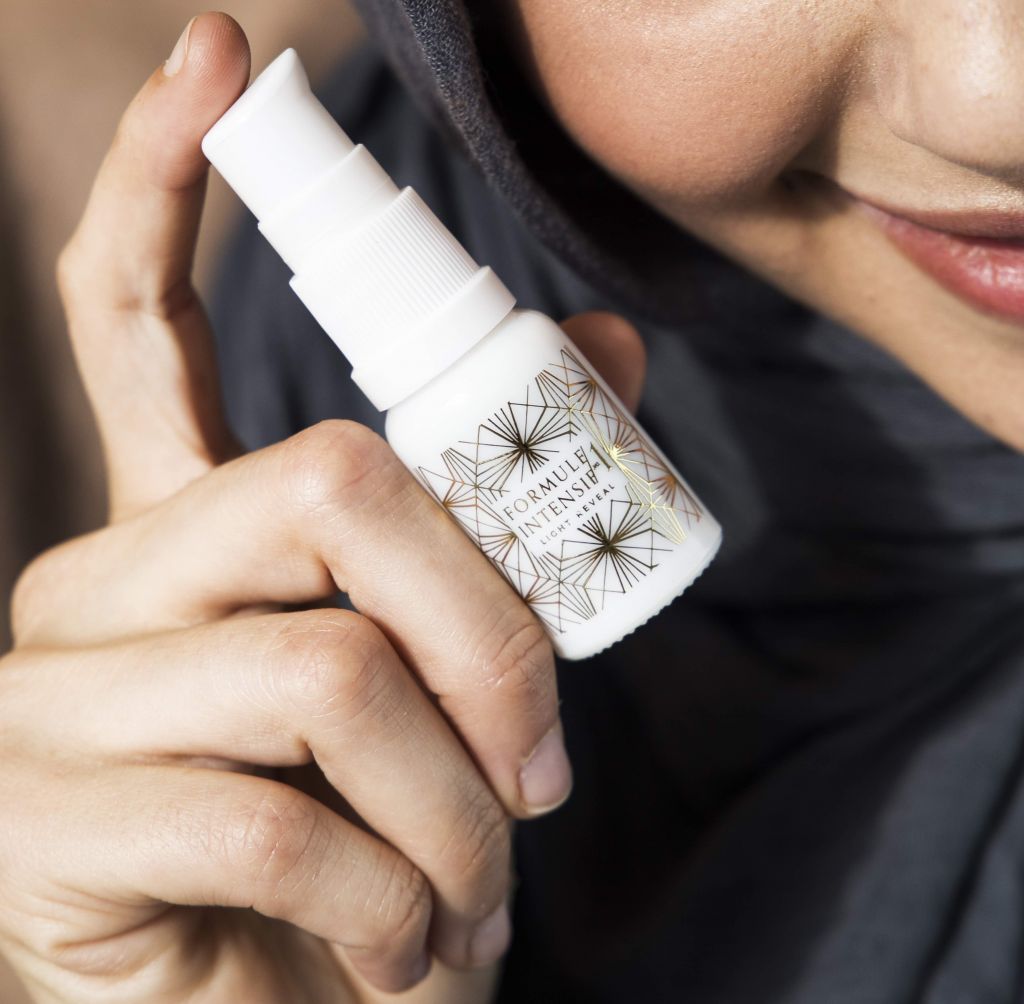
Wabi-Sabi Botanicals Has A Vision Of Empowerment That Extends Well Beyond Products
After a rebrand, Wabi-Sabi Botanicals is putting women’s empowerment at heart of its budding business.
Founder Elysse Crabtree is stepping up for sisterhood on three fronts: consciously sourcing globally from family-owned farms, artisan producers and female-centered cooperatives paying fair wages; urging customers to cherish moments of self-care and dedicating 10% of monthly gross profits to Kiva microloans for women in developing countries. Wabi-Sabi exhaustively hunts for wild-harvested, organic, cold-pressed and unrefined ingredients such as kokum from the Western Ghat region of India, sacha inchi from the Andes mountains in Peru, ucuuba from the Amazonian region in Brazil and ximenia from Namibia.
“Consumers, especially millennials, are demanding products be more than just products. We want a story and to know where the products come from, and how they impact people and the environment,” says 26-year-old Crabtree, acknowledging, “It’s not for everybody. It’s a specific sort of person who I’m marketing to. It’s for people who want to make an impact through their purchases.”

Wabi-Sabi, which gets its name from the Buddhist philosophy of finding beauty in imperfection and impermanence, has elevated its look as Crabtree has elevated the brand’s social consciousness. New packaging features white opal glass bottles with gold patterns and lettering encased in black boxes also featuring gold print. Crabtree hired graphic designer Rache De Luna to help heighten Wabi-Sabi’s exteriors and, in total, poured about $15,000 into the redesign.
“The name, Wabi-Sabi, has never changed. The word is aligned with my values and everything I’ve wanted Wabi-Sabi to be about, but I wanted the branding and business model to be in line with what the word represents,” says Crabtree. “It was a matter of making everything more cohesive and sophisticated. The brand is becoming more sophisticated, and I wanted the look to properly convey that.”
Wabi-Sabi’s product assortment revolves around five so-called Formule Intensif treatment serums. Priced from $29 to $59 for 10-ml. bottles, the serums are formulated to address hyperpigmentation, excess sebum, signs of aging, hydration and blemishes. In addition, Wabi-Sabi sells a sample kit housing five 1-ml. sizes of its Formule Intensif serums. “I live by the rule of simplicity. They are all simple, super concentrated, really raw botanical products,” says Crabtree.

Prior to launching Wabi-Sabi on Etsy in 2015, Crabtree worked with teenagers coping with autism and mental health disorders, and children in foster care. She turned to skincare for relief from her emotionally- and physically-draining profession. “I’m not a certified botanist or herbalist, but I’ve long been interested in plants. I began playing with ingredients and making simple products at home. Wabi-Sabi started as a way to share those simple, holistic products with other people,” says Crabtree. “I didn’t anticipate it becoming a real business. It was something I loved doing and that was important to me because self-care was vital for me.”
Today, Wabi-Sabi is a full-time gig for Crabtree. She’s phasing the brand off of Etsy and relying on direct-to-consumer relationships as well as wholesale accounts to drive revenues. Currently, Wabi-Sabi is stocked in four doors, including Aurora Beauty in the U.S., California Organic House in Japan and Bio Signature Health Beautifying Ltd. in Macao. This year, Crabtree projects the brand could generate $500,000 in sales and divulges it’s a profitable operation.
“With Etsy, it is hard to customize and create the platform that you want, whereas, with your own website, you get to create the experience you want the user to have,” says Crabtree, continuing, “I love doing wholesale and supporting small retailers in particular. It’s about women supporting women. We get to grow our businesses together. At the same time, I love direct-to-consumer because it allows me to keep costs down and, in the niche green beauty segment, that allows me offer the best possible price while using expensive ingredients.”

Wabi-Sabi’s target consumers are women aged 25- to 60-years-old. They often discover the brand on Instagram, where Crabtree communicates the brand’s empowerment message, and through subscription services. Wabi-Sabi has participated in boxes from the likes of Art of Organics, Boxwalla, Organic Bunny and Vegan Cuts.
Crabtree’s goal is to push Wabi-Sabi’s products beyond skincare. She foresees the brand branching into a variety of merchandise that sustains mindful rituals. Crabtree points to body care and incense as possibilities. “Wabi-Sabi Botanicals is not a skincare company,” she says. “I don’t like to be boxed in.”





Leave a Reply
You must be logged in to post a comment.